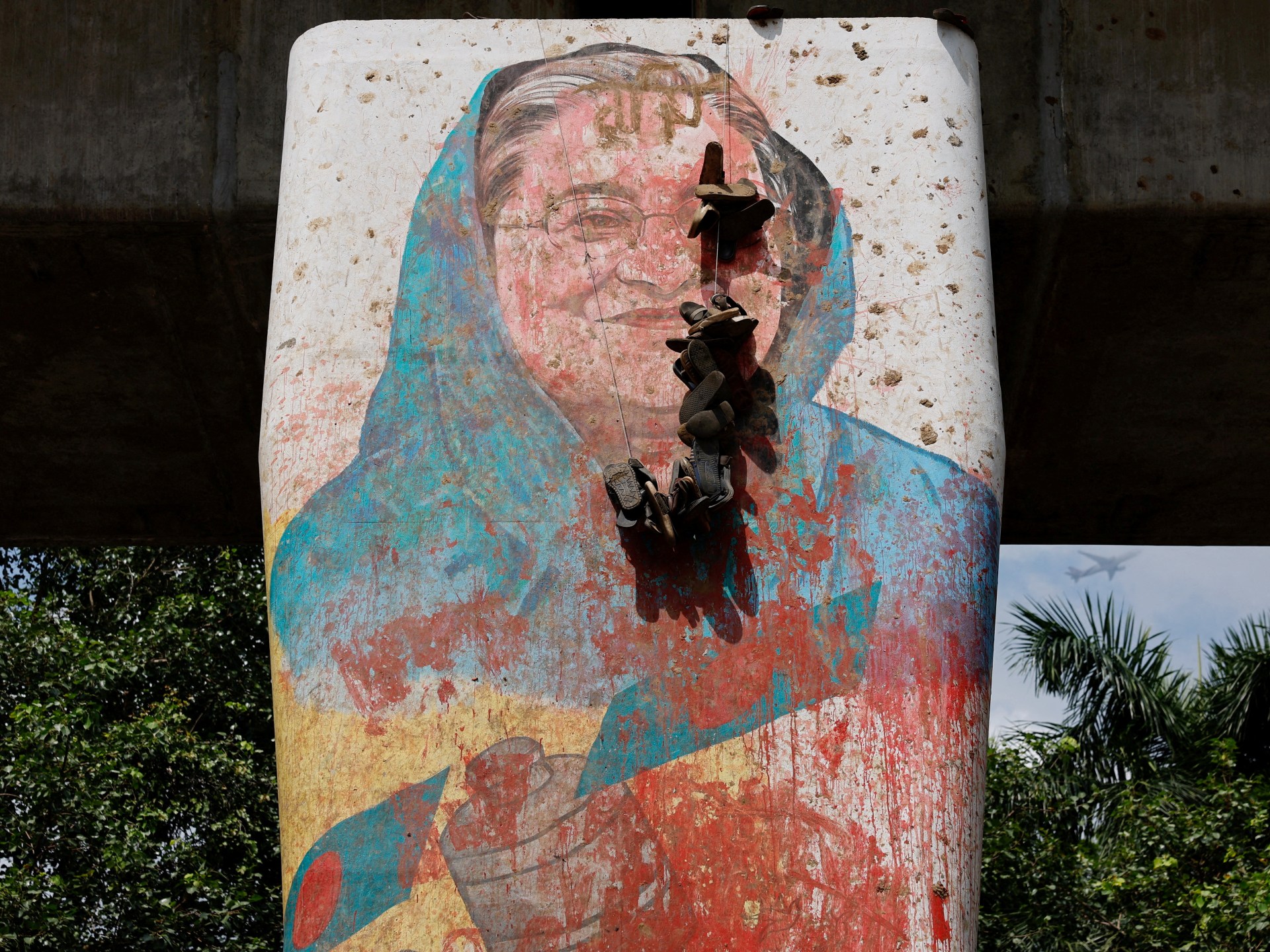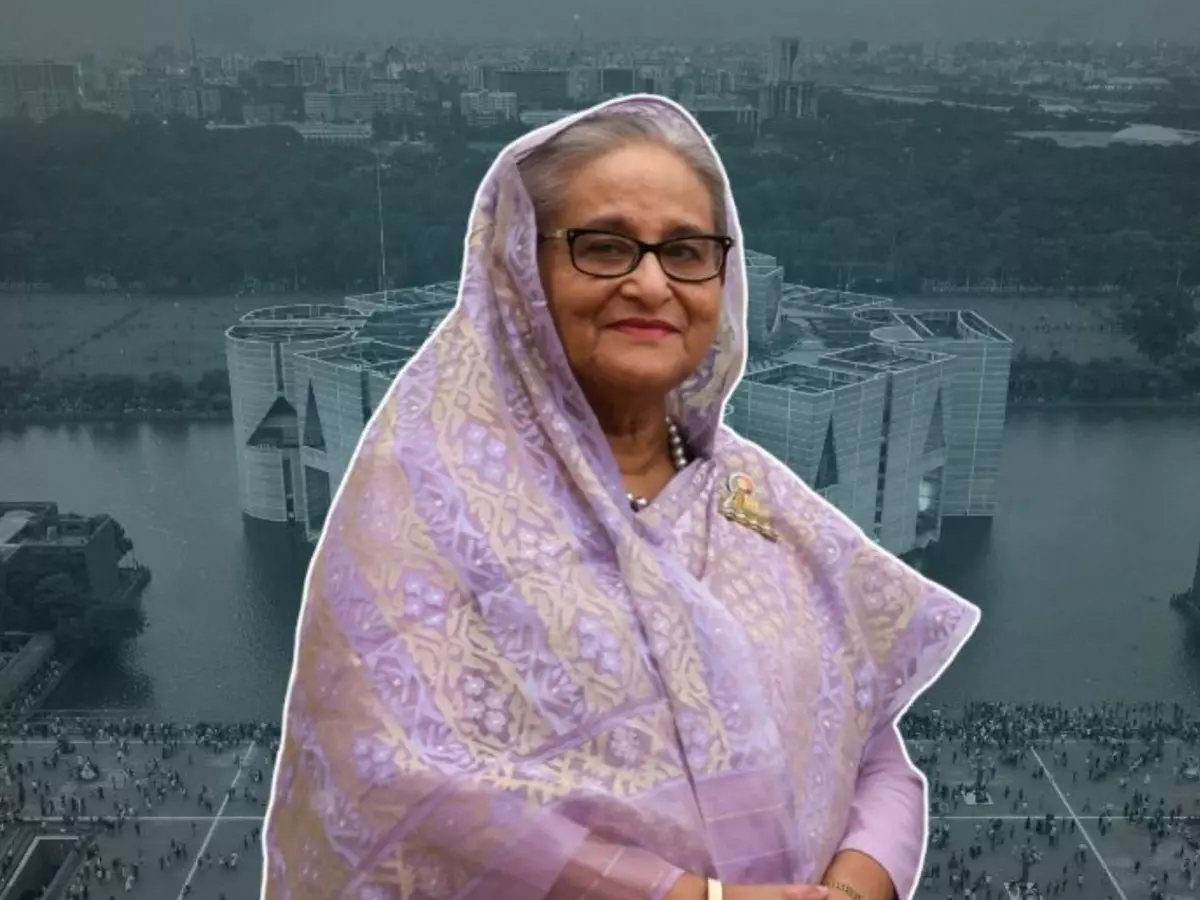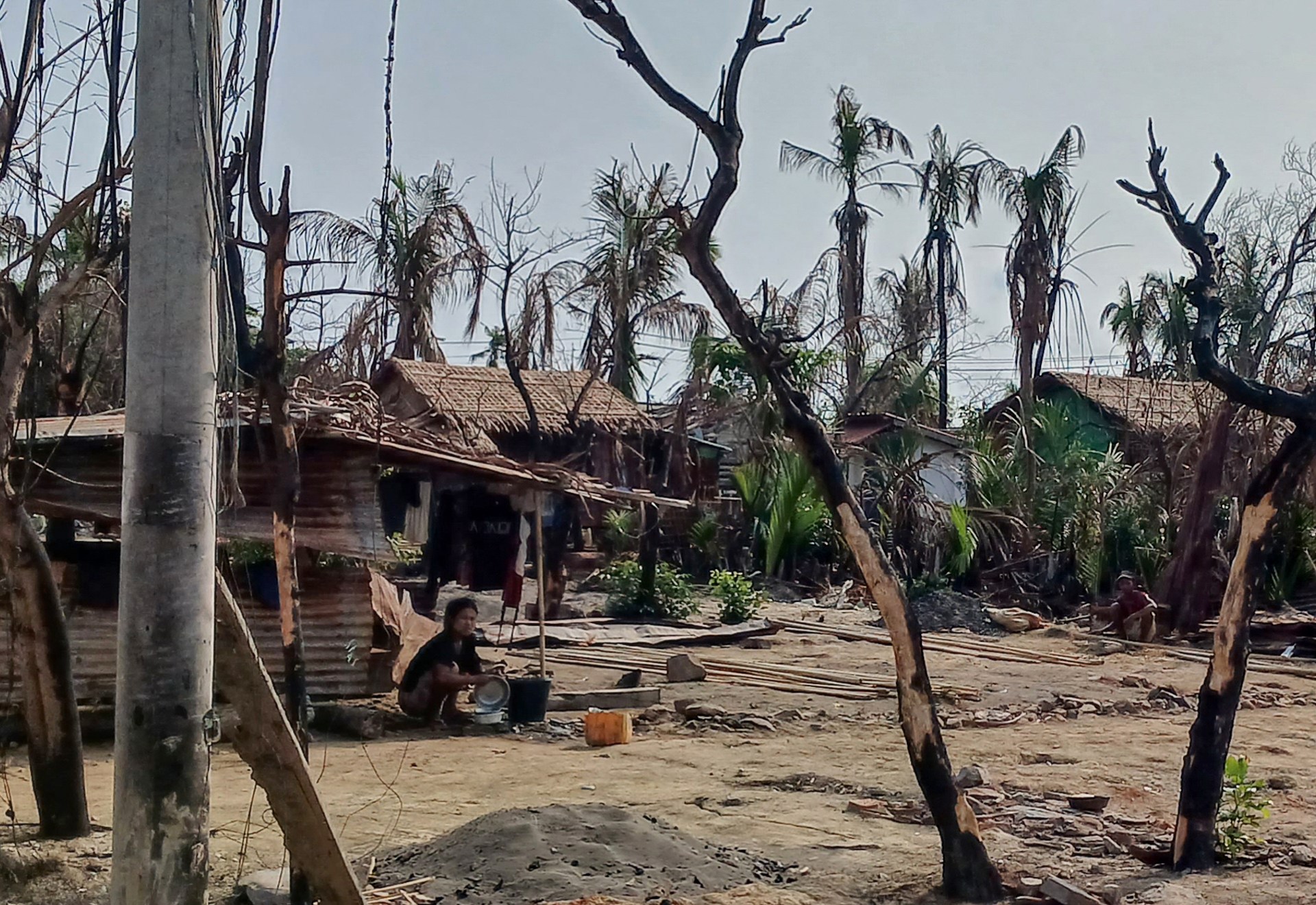Sheikh Hasina’s Ousting: A Lesson for Dictators
On August 5th, in a stunning turn of events, Bangladesh’s Prime Minister Sheikh Hasina fled the country after weeks of anti-government protests. Despite the deaths of hundreds of students demanding her resignation, Hasina’s grip on power seemed absolute until the very end.
The collapse of Hasina’s 16-year rule serves as both a cautionary tale for dictators and a testament to the indomitable spirit of youth. Her refusal to compromise, excessive reliance on state violence, and deep patronage ties alienated her from the Bangladeshi public.
A Fading Legacy
Hasina initially enjoyed the support of young people, leading them against corrupted political leaders after the 2008 elections. However, her actions soon betrayed her promises of reform and economic prosperity.
Her brutal crackdown on peaceful protests in 2013 foreshadowed her disregard for human rights. While she appealed to the nation’s collective grief over past atrocities, her rhetoric increasingly alienated critics and opponents, provoking outrage and demands for apology.
Unyielding Power
Hasina’s refusal to listen to the people stemmed from her belief in her political invincibility. As the daughter of Bangladesh’s founding father, she cultivated an image of herself as an untouchable figure above reproach.
Compromise was unthinkable for Hasina, who feared it would undermine her cult of personality. Even as her hold on the country slipped, she remained convinced of her legacy and the loyalty of her core supporters.
Isolated and Defiant
In her pursuit of absolute power, Hasina alienated allies at home and abroad. She imprisoned political opponents, including former Prime Minister Khaleda Zia and Nobel Laureate Professor Muhammad Yunus.
Suppressing dissent and human rights violations eroded her international support. The United States sanctioned government officials for obstructing democracy, deepening the diplomatic rift.
Despite these criticisms, Hasina remained defiant, mocking Western concerns. Her excessive use of force against student protests only exacerbated the situation.
A Generation Z Revolution
Underestimating the discontent among the people, Hasina assumed excessive force would quell the protests as it had done before. However, student protests evolved into a mass movement, a Generation Z revolution.
Faced with the likelihood of further bloodshed and the advice of her closest advisers, Hasina reluctantly fled the country, leaving behind a legacy of oppression and a path toward democratic renewal.
A Triumph for Democracy
Sheikh Hasina’s downfall is a testament to the power of democracy. The Bangladeshi youth have delivered a resounding rebuke to authoritarianism, demonstrating the vulnerability of even the most entrenched dictators.
Their victory serves as a timely reminder to leaders worldwide: underestimate the power of your citizens at your own peril. The thirst for freedom and self-determination is a formidable force that can topple even the most oppressive regimes.
The Bangladeshi youth have given hope to those fighting against autocracy. Their struggle has proven that the human spirit can prevail, and that the fight for democracy is never truly over.



